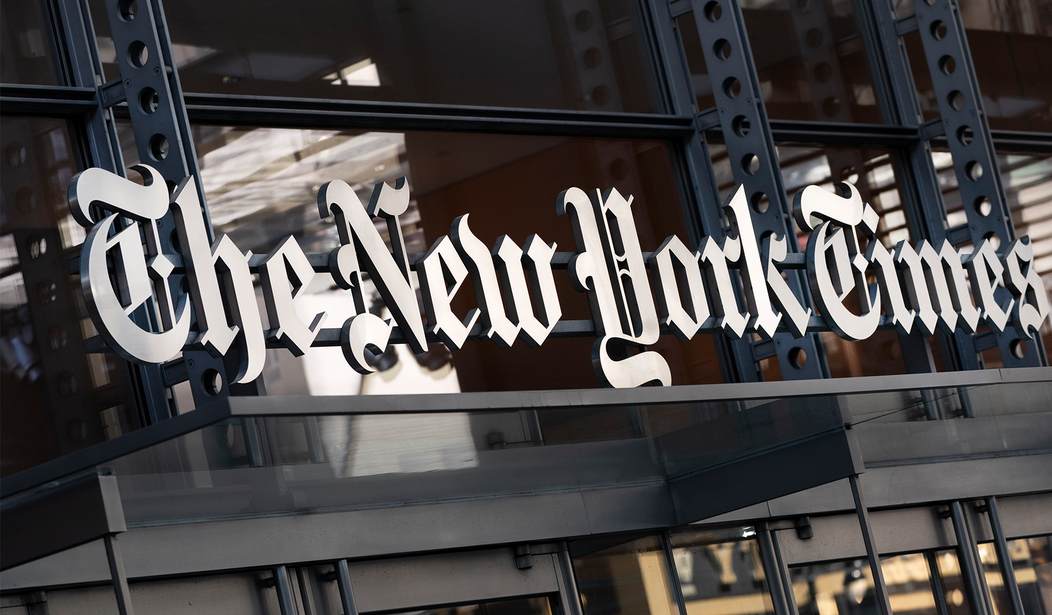New York Times columnist Charles Blow is a man on a mission. He wants to increase Black political power, and he wants to do it in a novel way. He wants to reverse the Great Migration of Blacks from the rural South to northern cities. His goal is not merely to encourage Blacks to move back South but to presumably coordinate their movement to achieve a Black majority in one or more Southern states.
There is no way to truly have power in the country if you do not also have access to state power. And there is right now no state in the country where Black people are a majority, and not one where they are projected to be a majority. And that powerlessness is something that I detest.
…
The biggest impact, I believe, of reverse migration happened in Georgia. In 2020, it swung for a Democrat for the first time in decades, and it elected two Democratic senators. The last time that a Democrat had won the state of Georgia was Bill Clinton in 1992.
But the Black population since 1990 doubled in the state of Georgia. It went from 1.7 million Black people to 3.4 million Black people. That meant that their percentages of the electorate went up to about a third. That had a huge impact on that election. And it allowed Black people to be the leading portion of the coalition that swung that state for a Democrat, Joe Biden.
That is what to me real power looks like. You can have an impact on the presidency. You can have an impact in the Senate. And you can have an impact on all of the power that states wield, everything from writing the criminal code to education to health care.
As a rule, I try to stay away from the issue of race relations because there is always much more heat than light in those conversations, and any discussion, no matter how innocuous, can go pear-shaped fast. That said, I believe there is a revolution in race relations coming to America, a revolution that is the product of progressive activism, and it is one the left will not like.
What Blow is advocating is the idea that Black people are basically alike. He believes in a homogenous Black approach to governance. And he considers Black identity innate even when some Black people deny it.
I have learned that the assumption or accrual of political power is almost never a primary consideration for people who migrate. Power is always an undercurrent but almost never an articulated rationale. The ability to feel safe, to have opportunities, to feel culturally celebrated — these are in fact expressions of power and require the maintenance of power, but people don’t necessarily link them.
I have talked to many Black people who simply became tired of struggles that life posed in Northern and Western cities, people who simply wanted to slow the pace, to improve their quality of life — afford a home, raise a garden, breathe pine-scented air, just relax and release the tension in their shoulders.
One of the more depressing things I’ve picked up on is that there are many Black people, particularly successful ones who have been able to surround themselves with luxuries and who have insulated themselves from what they might call “typical” Black struggles, but who also don’t want to be in Black-dominated spaces.
They don’t use that language — they would never! — but it is clearly insinuated. Their concept of their blackness is elite blackness. Their challenges are primarily navigating the upper rungs of the ladder. Their struggles are largely against microaggressions and déclassé racial displays.
This whole idea is statistically improbable because the number of Blacks as a percentage of the US population is declining, and that decline, thanks to Joe Biden’s immigration policy, will continue. Blow doesn’t comprehend that, thanks to affirmative action, critical race theory, and Diversity, Inclusion, and Equity training, White is becoming a cultural identity.
Take, for instance, this beginning of a Twitter, sorry Elon, an “X” thread from last night. Charlie Kirk is the head of Turning Point USA, Chris Rufo is a senior fellow at the Manhattan Institute and an indefatigable foe of racialism in education, Ben Domenech is one of the founders of RedState and a FoxNews contributor, and I consider him a friend.
It's dumb. White is a color. Be proud of being Irish or French or Dutch or, I dunno, American?
— Ben Domenech (@bdomenech) August 23, 2023
While I think Rufo and Domenech have the best answers for a multicultural society, I don’t think those answers apply to the world that has been created for all Americans. Our government and institutions deliberately divide us by race and use race to set us against each other and award benefits such as jobs and college admissions. When major decisions about your life are based on tribal affiliation, you have no alternative but to stick with your tribe or become prey. In the current environment, identifying as “American” makes as much sense as telling a White farmer in what was formerly Transvaal to identify as “South African.”
Moreover, you can’t expect kids growing up in a culture where benefits and penalties are handed out based on race, not to see what is happening and act accordingly. You can’t create Black dormitories and Black “safe spaces,” no matter how well-intentioned, without creating a demand from other racial groups. And you can’t answer those demands while denying White students the right to segregated facilities of their own.
Blow seems blissfully unaware that his plan for achieving Black political power will, by Supreme Court diktat, create “majority-minority” legislative districts for White voters who can’t, in the words of the Supreme Court, “vote for a candidate of their choice” unless a member of their race is running. He never stops to consider that creating state governments devoted to exercising Black political power will inevitably result in the same thing happening everywhere; it just won't involve Black people. And no, living in a majority-white state is not even remotely the same as living in a state devoted to increasing White political power.
I can’t imagine anything good coming from the direction people like Blow are pushing this country. Racial balkanization is inimical to the concept of a pluralistic society; there are plenty of case studies readily available if you have doubts.
As I’ve grown older, I’ve become more pessimistic about the trajectory of race relations in this country. The industry that has developed in academia, business, and government existing solely to separate Americans into racial categories is dispiriting. I don’t see where essays like Blow’s are any more appropriate on the pages of the New York Times than something similar appearing in the Stormer. Racial separation and racial superiority are not concepts that should be welcome in America. And yet here we are.












